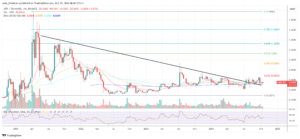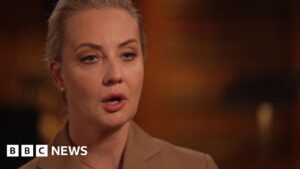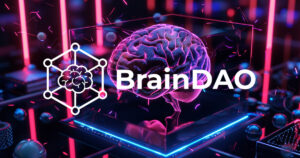Turkish cleric accused of being behind 2016 coup dies
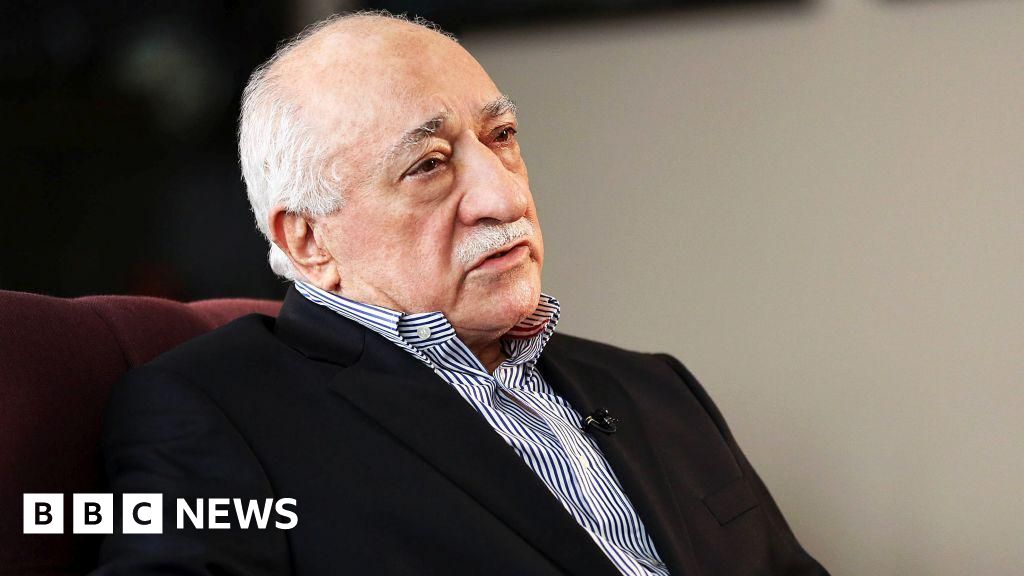
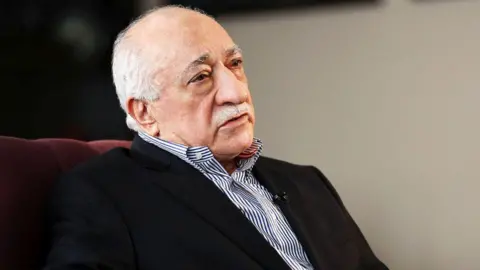 Getty Images
Getty ImagesFethullah Gulen, the Turkish cleric accused of masterminding a bloody attempted coup in 2016, has died aged 83, according to Turkish media reports and a social media post by a movement close to him.
The cleric, who had been living in self-imposed exile in the US, died after being admitted to a Pennsylvania hospital, the reports citing groups close to Gulen said.
Sometimes described as Turkey’s second most powerful man, Gulen was the spiritual leader of the Gulen movement, a powerful Islamic community with followers in Turkey and worldwide.
Turkey’s President Recep Tayyip Erdogan blamed the Gulen movement for the 2016 attempted coup, accusations Gulen denied.
Gulen rose to prominence by arguing that young people in Turkey had lost their way and education was the best response.
He became known for promoting a tolerant Islam which emphasised altruism, modesty and hard work.
His movement – known in Turkey as Hizmet or “service” – first gained a foothold running schools, and it went on to open educational institutions across Turkey and around the world.
As the movement grew, followers expanded into business and began taking jobs inside the government and military.
Hizmet was once an ally of Erdogan’s, but the Turkish president turned on the movement in 2013, vowing to shut down hundreds of its schools and rid the government of Gulenists, who he called a “state within a state”.
Gulen-allied police officers were accused of carrying out raids against Erdogan’s allies, and the Turkish government formally declared Hizmet a terrorist organisation in May 2016.
Two months later, a faction of the Turkish army attempted to overthrow Erdogan. It said its aim was to protect democracy from the authoritarian Turkish president.
Over the course of a violent night, TV stations were raided by soldiers, explosions were heard in Istanbul and Ankara, protesters were shot and the parliament and presidential buildings were fired upon.
But the coup failed to gain support from the public or the wider military and the army faction leading it was forced to surrender.
The government blamed Gulen, but he denied the claims and condemned the coup.
Thousands of arrests followed, including almost a third of the military top brass as well as thousands of officials and bureaucrats.
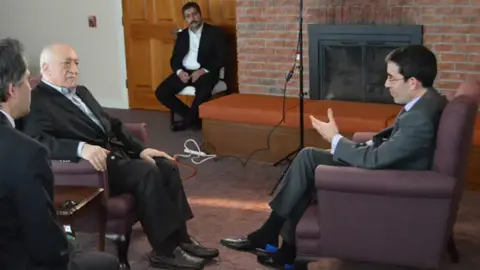
By that time, Gulen was already living in self-imposed exile in the US, where he moved in the late 1990s.
Turkey requested his extradition to face trial but the US has said it needed to see evidence of his involvement in the coup first. He remained in the US until he died.
BBC News interviewed Gulen at his remote Pennsylvania estate in 2014.
The cleric proved elusive throughout the interview and dodged questions on who he would vote for in the upcoming Turkish elections.
“If I were to say anything to people I may say people should vote for those who are respectful to democracy, rule of law, who get on well with people,” he said.
#Turkish #cleric #accused #coup #dies
News plays a pivotal role in our lives by keeping us informed and connected to the world. It serves as a critical source of information, offering updates on current events, politics, economics, science, and more. Through news, we gain awareness of global issues and local developments, helping us make informed decisions in our personal and professional lives. News also fosters discussion and debate, encouraging critical thinking and perspective-taking. Moreover, it promotes transparency and accountability among governments, businesses, and other institutions. In a rapidly changing world, staying updated with the news enables us to adapt to new challenges and opportunities, shaping our understanding of the complexities of society. Ultimately, news is not just about information; it empowers us to participate actively in the world around us, contributing to a more informed, engaged, and responsible global citizenry.
Health is fundamental to our well-being and quality of life, making it an essential aspect of daily existence. It encompasses physical, mental, and emotional aspects, influencing our ability to function effectively and enjoy life fully. Prioritizing health allows individuals to maintain optimal physical fitness, reducing the risk of diseases and promoting longevity. Mental health, equally crucial, affects our cognitive abilities, emotional stability, and overall happiness. Investing in preventive healthcare through exercise, balanced nutrition, and regular medical check-ups helps in early detection of potential health issues, ensuring timely intervention and treatment. Beyond individual benefits, a population’s health impacts societal productivity and economic stability. Governments and organizations worldwide emphasize public health initiatives to address pandemics, health disparities, and promote overall well-being. Ultimately, health serves as the foundation upon which we build our lives, influencing our ability to pursue goals, nurture relationships, and contribute meaningfully to society.
Money plays a crucial role in our lives as a means of financial security and freedom. It enables us to meet basic needs such as food, shelter, and healthcare, while also providing opportunities for education, travel, and personal growth. Beyond material comforts, money facilitates social connections and experiences that enrich our lives. It empowers individuals to invest in their futures, whether through savings, investments, or entrepreneurial ventures, thereby fostering economic stability and growth. However, the pursuit of wealth should also be balanced with ethical considerations, as money can influence relationships and societal dynamics. Responsible management of finances is key to achieving long-term goals and mitigating financial stress. Ultimately, while money is a tool for achieving aspirations and fulfilling desires, its true value lies in how it is utilized to improve both personal well-being and the broader community.
Earning Easy Money in 2024: Opportunities and Considerations 💸
In 2024, the landscape of earning easy money presents diverse opportunities, albeit with considerations. The digital age offers platforms for freelancing, online trading, and e-commerce, allowing individuals to leverage skills and creativity for financial gain. Cryptocurrency investments continue to allure with potential for quick profits, yet they entail high volatility and risk. Moreover, the rise of the gig economy enables flexible work arrangements through apps and websites, offering quick payouts but often without job security or benefits. Passive income streams such as rental properties and investments in stocks or bonds remain viable, but demand initial capital and ongoing management. Amid these options, caution is essential to avoid scams and unsustainable ventures promising overnight success. Ultimately, while the allure of easy money persists, informed decisions, diligence, and a long-term perspective are crucial for sustainable financial growth and security in the dynamic year ahead.




